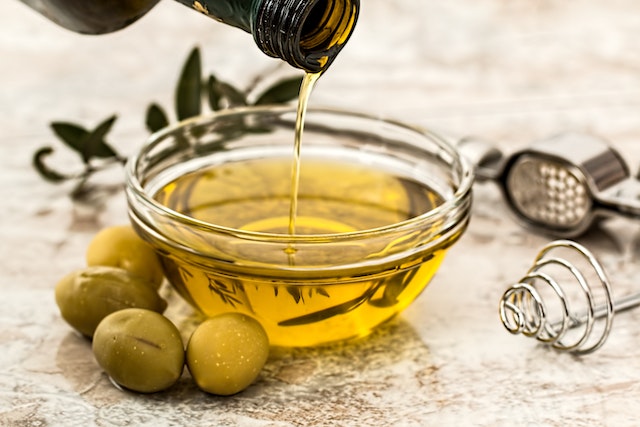Introduction: The Golden Elixir of Good Health
For centuries, olive oil has been revered as a golden elixir for its numerous health benefits and culinary versatility. As a cornerstone of the Mediterranean diet, it has garnered attention from health enthusiasts and nutritionists worldwide. In this article, we delve into the treasure trove of advantages that olive oil brings to the table. From its heart-boosting properties to its role in promoting overall well-being, let’s explore everything you need to know about the benefits of olive oil.
The Heart of the Matter: Olive Oil and Cardiovascular Health
One of the most widely celebrated benefits of olive oil is its positive impact on cardiovascular health. The Mediterranean diet, rich in olive oil, has been associated with lower rates of heart disease and stroke. The monounsaturated fats present in olive oil help reduce bad cholesterol levels while maintaining or even boosting good cholesterol levels. This, in turn, contributes to a healthier heart and a reduced risk of heart-related ailments.
Nature’s Antioxidant Powerhouse
Olive oil stands as a powerful source of natural antioxidants, such as vitamin E and polyphenols. These antioxidants play a crucial role in protecting the body’s cells from oxidative stress, which is linked to the aging process and the development of chronic diseases, including certain types of cancer. Incorporating extra virgin olive oil into your diet can provide your body with a potent defense against these harmful free radicals.
Aiding Digestion and Weight Management
Contrary to the misconception that all fats are harmful, the healthy fats found in olive oil can aid in digestion and weight management. Olive oil’s unique composition helps stimulate the production of bile, a crucial component for breaking down fats in the digestive system. Moreover, its satiating properties can contribute to a feeling of fullness, potentially reducing overeating and assisting in weight management efforts.
Versatility in Culinary Delights
Beyond its health benefits, olive oil’s culinary versatility is unmatched. It serves as a delectable base for sautéing, roasting, and salad dressings, imparting a rich and distinct flavor to dishes. Whether drizzled over fresh vegetables or used as a dip for artisanal bread, olive oil enhances the taste profile of a wide array of culinary creations.
Choosing Excellence: The Role of Extra Virgin Olive Oil
When selecting olive oil, opt for the highest quality: extra virgin olive oil. This type of olive oil is derived from the first pressing of olives and undergoes minimal processing. As a result, it retains its natural flavor, color, and beneficial compounds. Keep an eye out for reputable brands and certifications to ensure you’re getting the authentic, unadulterated product.
Incorporating Olive Oil Into Your Diet
Incorporating olive oil into your diet doesn’t have to be complicated. Begin by substituting less healthy cooking oils with olive oil in your everyday recipes. Drizzle it over salads, use it for marinades, or simply dip whole-grain bread into a bowl of olive oil seasoned with herbs. The possibilities are endless, and your taste buds and health will both reap the rewards.
Conclusion: Embracing the Liquid Gold of Health
In conclusion, the benefits of olive oil extend far beyond its delectable taste. From promoting heart health and providing a dose of antioxidants to aiding digestion and offering culinary delight, olive oil has rightfully earned its place as a nutritional superstar. By incorporating this liquid gold into your diet, you’re not just enhancing the flavors of your meals; you’re also investing in your long-term well-being. So, make a conscious choice for your health and savor the countless advantages that olive oil brings to your plate.












